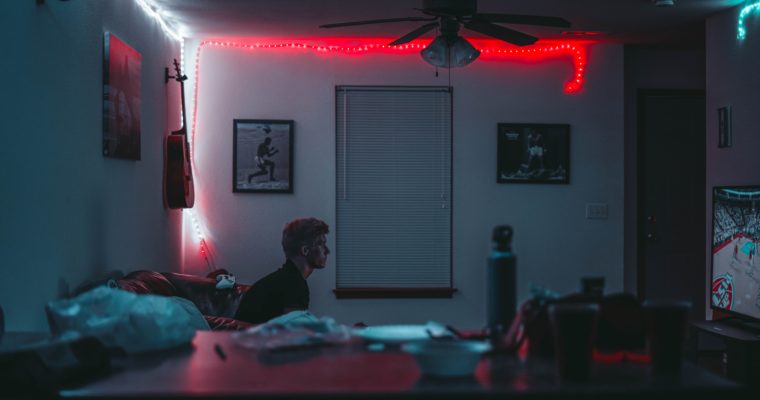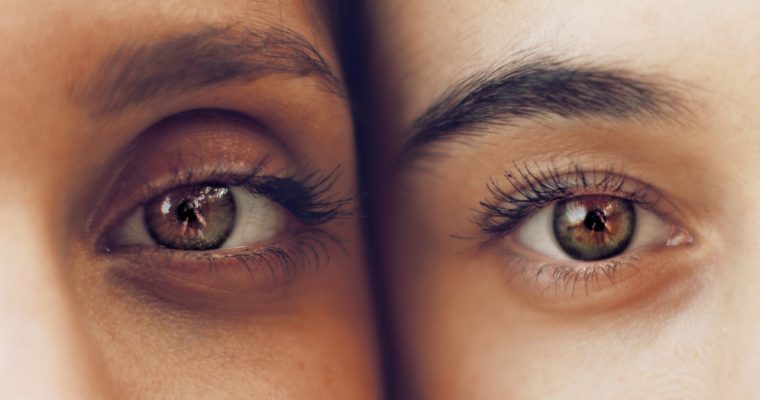Your eyes are similar to a camera. Like any camera, if your eye becomes damaged, you do not get a clear picture. Exposed to large amounts of stimulation daily, your eyes are able to efficiently process information at the blink of an eye (pun intended!). But digital screen time, your lifestyle and aging can slow down the eyes efficiency and cause stress.
When light passes into the cornea and lens of the eye and hits the retina, nerve impulses to the brain are triggered. This produces an image in the brain of the local environment – what you see and perceive. Our eyes are simply the most visible part of our brain.
Cell phones, televisions and computer screens emit blue light. Light from our screens can also cause digital eye strain and can affect the body’s circadian rhythm, our natural wake and sleep cycle. Dr. Khurana, MD, spokesperson for the American Academy of Ophthalmology explains, “During the day, blue light wakes us up and stimulates us. But too much blue light exposure at night form your phone, tablet, or computer can make it harder to get to sleep.” A Harvard Medical School study found that blue light exposure at night suppressed melatonin production for about twice as long as gren light and shifted circadian rhythms by twice as much.
Here is what you can do to protect your eyes from stress and blue light.
Spend less time looking at a screen!
If you started paying attention to how much of your day is spent looking at your phone, computer or TV screen, you’d probably be surprised at the number. You wake up in the morning and check your phone. You get to work or school and spend all day on your computer. You get home to relax and watch a few hours of TV before checking your phone and heading to bed. It’s important to take breaks – look away from your screen for 2 to 3 minutes every 15 to 20 minutes.
Update your Lifestyle Habits!
Making small changes to your routine can help relieve your eyes from stress. The same way it is important for you to wear sunblock when exposing your skin to the sun is the same way it is important for you to protect your eyes with sunglasses. If you find your eyes are dry and irritated, you may want to look for homeopathic eye drops or even a humidifier. Studies have also shown at least 20 minutes of cardio per day has been shown to support healthy vision.
Important Nutrients for Healthy Vision
Over the last several years there has certainly been a craze over kale and spinach. And there’s good reason why! These leafy greens are powerhouses of nutrition, rich in Omega-3 fats, beta carotene, potassium, magnesium, iron, most of the B vitamins, vitamin C and K1. What is unique to vegetables like kale and spinach are two very special carotenoids (antioxidants) called Lutein and Zeaxanthin. Cooking these veggies increases the bioavailability of Lutein and Zeaxanthin by a remarkable five times! There are few nutrients that are more beneficial for the eyes , but the people who need these carotenoids most (older adults) are the same population who consume them the least. Luckily, a simple supplement means you can reap the benefits of Lutein and Zeaxanthin without transforming your diet.
According to Nicole Crane, BS, NTP, “Lutein and Zeaxanthin are both powerful carotenoids whose job is to act as built-in sunglasses for the eye, if you have enough. They filter out harmful high-energy blue wave lengths of light and generally protect the cells of the eye from damage.”
Questions about protecting your eyes? Leave us a comment below!




